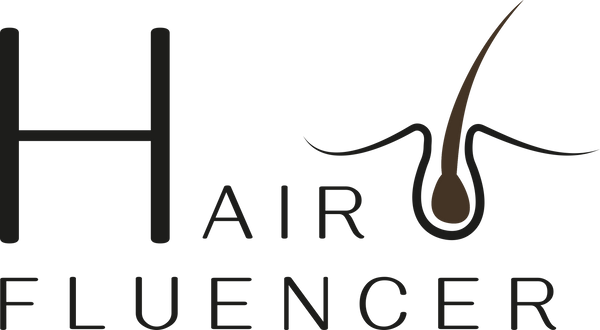Acne isn't just a teenage problem. More and more adult women are dealing with breakouts, pimples, enlarged pores, and skin tags that affect their self-esteem and daily life. In a society that values image so much, acne can become an emotional problem, beyond just a dermatological one.
Why do many women suffer from acne even after their 20s or 30s?
There are multiple causes behind female hormonal acne , including:
Hormonal changes (menstruation, pregnancy, contraceptives, polycystic ovary syndrome)
Chronic stress
Unbalanced diet (sugar, dairy, and ultra-processed foods)
Use of comedogenic cosmetics
Inadequate facial routines or excessive cleansing
Environmental factors such as pollution or sweat
The result is frustrating: painful breakouts on the jaw, chin, or cheeks; pimples that leave dark marks; and a constant feeling of skin discomfort.
Emotional impact: Acne is not just a “cosmetic” issue
Many women report that acne affects their social, work, and even intimate lives. They feel insecure and avoid photos, makeup, or face-to-face encounters. It's not just a skin issue; it's also an emotional burden.
Therefore, seeking a solution is not a frivolity, but a necessity for well-being .
How to treat female acne effectively and in a skin-friendly way
When treating acne in women, it is key to:
Avoid aggressive or excessively drying products
Follow a consistent facial routine, without obsession
Go for effective and gentle ingredients, such as niacinamide , retinol , salicylic acid , ceramides or zinc
Consult a dermatologist if outbreaks are severe or painful.
Don't obsess over perfection: accepting your skin as it improves is part of the process.
Our recommendation: complete routine with key active ingredients
A highly valued option for many girls is combining products with niacinamide and retinol , two ingredients that have proven effective on acne-prone skin, marks, and uneven texture.
In this sense, products like the Evoderm Anti-Acne Facial Set have gained popularity for offering a complete anti-pimple routine: deep cleansing, balancing toning, and renewing serum. All in one package, without complications or harsh products.
The important thing is to be consistent, listen to your skin, and not give in to the mirror or bad days.
Conclusion: Your skin doesn't define you, but taking care of it can help you feel better.
Acne shouldn't be an embarrassment. Many women, including influencers, actresses, and leaders, have spoken openly about their breakouts and how they deal with them. The important thing is to know that there are real, accessible, and effective solutions.
Taking care of your skin is a way of caring for yourself. If you're looking for a starting point, a simple yet powerful routine can be the first step toward reconciling your skin.
And remember: you are not alone in this battle. 💪








FAQ Block
Is acne normal in adult women?
Yes, it's more common than you might think. Many women between the ages of 20 and 40 experience hormonal breakouts, especially in the jawline or cheeks.
What ingredients help clear acne without irritation?
Niacinamide, low-concentration retinol, salicylic acid, and ceramides are excellent options for treating acne while respecting the skin barrier.
Can I use retinol if I have sensitive skin or acne?
Yes, but it should be used gradually. Start by applying it two or three nights a week and always with adequate hydration.
Can stress cause acne?
Absolutely. Stress disrupts your hormonal system, which can lead to breakouts, excess sebum, and painful internal pimples.
Can I wear makeup if I have acne?
Yes, but opt for non-comedogenic makeup and be sure to remove your makeup thoroughly every night to avoid clogging your pores.

